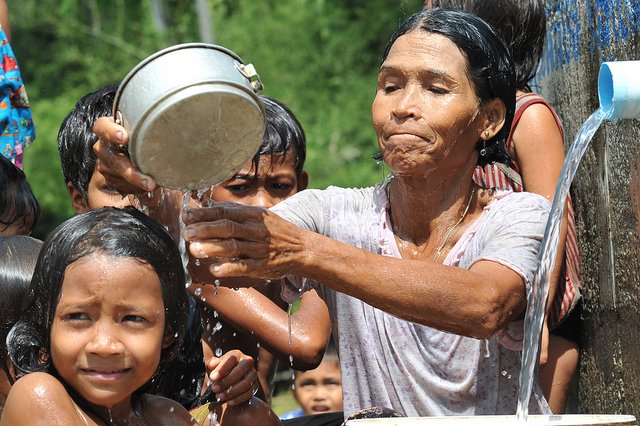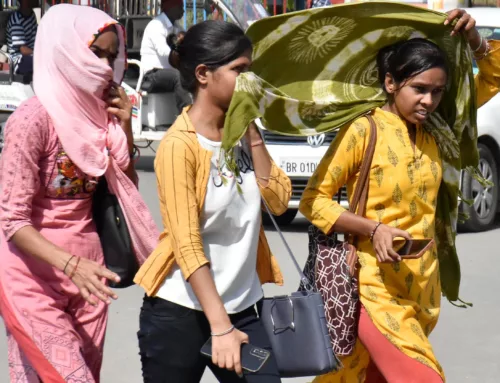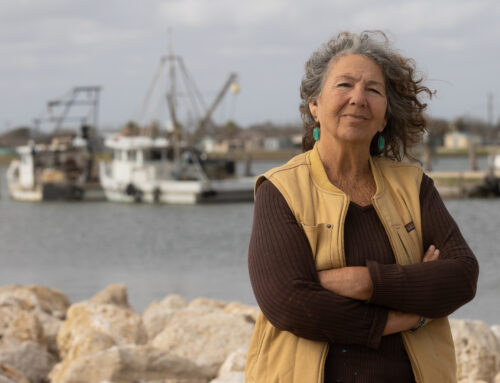Globally, women and girls are disproportionately impacted by poor access to safe clean water and adequate sanitary conditions. They are often responsible for collecting water for their household daily and at far distances, which significantly limits their productivity and time for schooling. Even when they do have time to attend school or work, a lack of private washrooms and clean water make it difficult to maintain hygiene during menstruation, meaning they instead stay home or drop out. Women and girls are also at increased risk of violence during their long travels for water and when using open toilets. Because they are likely tasked with cleaning children and household toilets, they are more exposed to wastewater and potential pathogens. Because of this intersection with gender, women and girls must lead and be engaged in strategies for improving water and sanitation. Photo credit: Asian Development Bank







